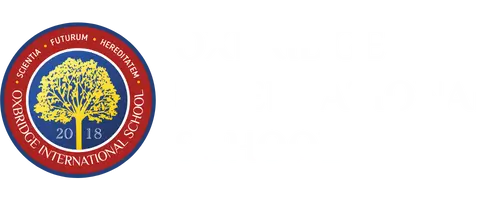- Home
- Summer holidays
- Summer programs and their advantages: A complete guide for parents and students
Summer programs and their advantages: A complete guide for parents and students
Subscribe to our newsletter
Keep up to date with the latest news, useful articles and events!
By subscribing to our newsletters, you agree to our Privacy Policy and Terms of Use.

We reveal the potential of everyone: education for strong personalities
OXBRIDGE
EDUCATIONAL PROGRAMS
INFORMATION
© 2018-2024 Oxbridge school.uz. All rights reserved.

